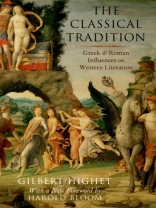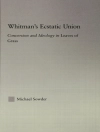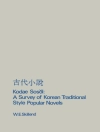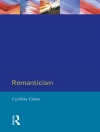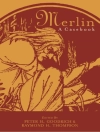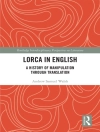Originally published in 1949, Gilbert Highet’s seminal The Classical Tradition is a herculean feat of comparative literature and a landmark publication in the history of classical reception. As Highet states in the opening lines of his Preface, this book outlines "the chief ways in which Greek and Latin influence has moulded the literatures of western Europe and America". With that simple statement, Highet takes his reader on a sweeping exploration of the history of western literature. To summarize what he covers is a near-impossible task. Discussions of Ovid and French literature of the Middle Ages and Chaucer’s engagement with Virgil and Cicero lead, swiftly, into arguments of Christian versus "pagan" works in the Renaissance, Baroque imitations of Seneca, and the (re)birth of satire. Building momentum through Byron, Tennyson, and the rise of "art of art’s sake", Highet, at last, arrives at his conclusion: the birth and establishment of modernism. Though his humanist style may appear out-of-date in today’s postmodernist world, there is a value to ensuring this influential work reaches a new generation, and Highet’s light touch and persuasive, engaging voice guarantee the book’s usefulness for a contemporary audience. Indeed, the book is free of the jargon-filled style of literary criticism that plagues much of current scholarship. Accompanied by a new foreword by renown critic Harold Bloom, this reissue will enable new readers to appreciate the enormous legacy of classical literature in the canonical works of medieval, Renaissance, and modern Europe and America.
Gilbert Highet
Classical Tradition [PDF ebook]
Greek and Roman Influences on Western Literature
Classical Tradition [PDF ebook]
Greek and Roman Influences on Western Literature
¡Compre este libro electrónico y obtenga 1 más GRATIS!
Idioma Inglés ● Formato PDF ● Páginas 704 ● ISBN 9780199377701 ● Editorial Oxford University Press ● Publicado 2015 ● Descargable 3 veces ● Divisa EUR ● ID 4384566 ● Protección de copia Adobe DRM
Requiere lector de ebook con capacidad DRM
